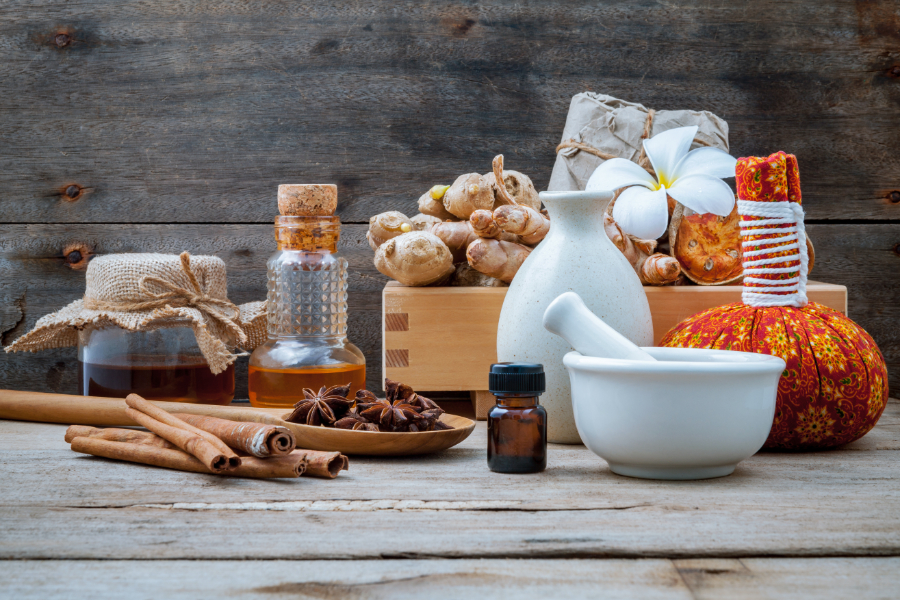
Herbal remedies and supplements are some of the oldest forms of medicine in human history. In recent years the popularity of using herbs for treatments has increased due to how affordable and easier to get they are compared to their pharmaceutical counterparts. Unfortunately, because the testing on herbal supplements isn’t tested and regulated as strictly, you need to practice precaution when buying them.
For this reason, finding a high-quality herbal therapist is important, and today we’ll go over the top 5 red flags you need to keep in mind when finding an herbal therapist.
Unrealistic Claims
When looking for an herbal therapist, one of the biggest red flags is unrealistic claims. Because of the lax regulations on herbal therapies and supplements, there is often very little one can do to verify their claims. The claims may often be extravagant or a quick-fix solution too good to be true. Unfortunately, most times, when something is too good to be true, it usually is. While herbal therapy can be used in treatments, there are limitations, like in most forms of treatment. While herbal therapy can be an effective treatment in some cases, it’s not a cure-all.
Herbal therapy can be complex; it is best practice to keep expectations grounded to avoid being taken advantage of.
Lack of Personal Attention
Herbal therapy is usually designed and customized based on the patient’s needs and conditions. Therapists who promote a generic, one-size-fits-all solution through herbal therapy are often trying to get sales. They won’t listen to you carefully and just try to get you to buy the product. A reputable herbal therapist will take the time to speak with you. Understand your condition, answer questions, and recommend a personalized plan.
Disregards Your Safety
Much like the previous entry, this can fall under a lack of personal attention. However, it’s important enough to get its section. Any good herbal therapist will ask you if you are taking medications. Even over-the-counter medications can have adverse reactions with some herbs. This can lead to unexpected results.
- Anxiety
- Depression
- Migraines
- Headaches
- Respiratory disease
While the overall risk associated with ginkgo biloba is negligible for most adults, it can have an adverse reaction when combined with non-steroidal anti-inflammatory drugs (NSAID) like ibuprofen or aspirin. There are many different reactions between herbs and pharmaceuticals. An herbal therapist should be aware of them and be capable of letting you know about them when asked. A herbal therapist should be able to conduct thorough assessments and consider contraindications.
Poor Communication
Having clear and open communication between the herbal therapist and the patient is incredibly important. Not only does it inform the patient of any treatment they may need, but it can help calm a patient to know that they’re being cared for. If your herbal therapist has evasive responses to your questions or is unable to answer them outright, that is a massive red flag. It shows their inadequacy in the subject and can risk putting you in harm’s way.
Unprofessional Location
While the regulations on herbal therapy and supplements may be lax, it doesn’t mean there are no standards for herbal therapy. A clean and well-established environment is necessary for providing effective and safe herbal therapy. A poor establishment can serve as an indicator for other concerts that could be related to an herbal therapist’s practice.
Take the Next Step In Improving Your Health by Contacting SOHMA Integrative Medicine
Our goal is to help you improve your health. You can contact us and ask about the Myers Cocktail, IV Therapy, Chiropractic care, or how our other health service lines can help you with your journey to improved health.
Located in Long Beach, CA, we help individuals from the surrounding cities.
We look forward to helping you take the next step in your journey to better health.